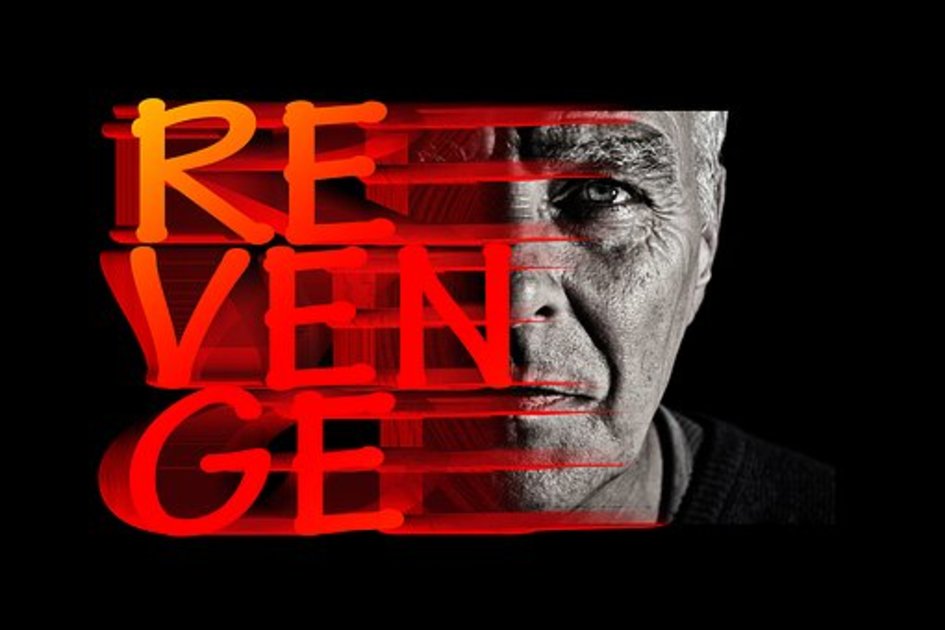
REVENGE! – Parshat Mattot-Masei
Have you ever felt your heart beating from anger with someone? Or have that sense that you need to get someone back for what they’ve done to you? Mayor Ed Koch of New York City replied to a question about someone who had wronged him: "I don’t get mad. I get even." Revenge is a very human characteristic. We bear grudges and seek new and creative ways to get back at those who've wronged us. It may even be a survival tactic aimed at those who we feel threaten our well-being. It can also make us feel good. But is this who we wish to be - always looking out to get back at people? Is there a line to draw? Or not?
The Torah doesn’t seem to make it easy for us to figure out. In Vayikra we read: "Do not take revenge."1 The Netziv explains the negative side of taking revenge – in that it can cause a never-ending cycle of acts of revenge. We never get past it. Yet in this week's parsha we find God coming to Moses and commanding him to execute an act of revenge on the Midyanites.2 What gives? Is it then proper to take revenge? It is easy to be confused. Apparently, there may be different kinds of revenge. Whether it is personal and petty, or national and dangerous can all be factors in deciding whether revenge is warranted. When justice is meted out, is that not, too, a form of revenge?
We can start by looking at the different aspects of revenge. There are acts of revenge and feelings of revenge. Taking revenge then can be removed from the emotional outburst of anger and is viewed from the point of its purpose. Moshe, writes the Chizkuni, was so clear-headed about the particular act of revenge discussed in the parsha that he was able to decide not to lead the army himself. He had felt a sense of gratitude to the Midyanites after having lived there for a while (at least 40 years earlier) and having getting married there.3 He, Moshe, could therefore choose not to engage in this act of revenge. But the rest of the people could and should.
Does the individual have the right to "fix" things? "Make them right"? Become a vigilante? Or would that just cause anarchy? So should it be okay for a nation? Possibly then, there is a difference between individual, personal acts of revenge and national, collective acts of revenge.
Even among Holocaust survivors there are proponents for revenge as well as its opponents. Is revenge the best way to mental health? In a sense, revenge often keeps people in the past. Dr. Viktor Frankl, himself a survivor believed that revenge was not the path to take. In fact he was quoted as saying,"I do not forget any good deed done to me, and I do not carry a grudge for a bad one."4
Take a deep breath. Listen to what this feeling is trying to tell you and accept it but let it not consume you. Consult with friends and professionals and come to a clear decision – one which will let you live a life free of being tied to the person who wronged you. Revenge, even if rightful, has a way of being a magnet which saps energy from people and drags them down. Do not let this person who wronged you live on in your mind. We can allow ourselves to be stronger from this experience when we choose to move on.
Move on. Be free and return to your own life and where you want to be. Continue on your path to a life of meaning. Isn't your life more important than getting even?
Click here for another logoParsha article on Mattot-Masei (Power of You!)
Notes
- Vayikra 19:18
- Bamidbar 31:2-3
- Shemot 2:21
- Winsdale quotes Dr. Viktor Frankl in an afterword to Man's Search for Meaning, p. 162
*In memory of my grandmother, Rivka Bat Avraham, z"l
Have A Great Shabbat!![]()
For More Information On Logotherapy And How You Can Create A Fuller, More Meaningful Life, Or To Book An Online Session,
- Call Me At +972-54-589-3399, or in Israel 054-5893399
- Contact Me Thru my email at [email protected]

 Previous
Previous

